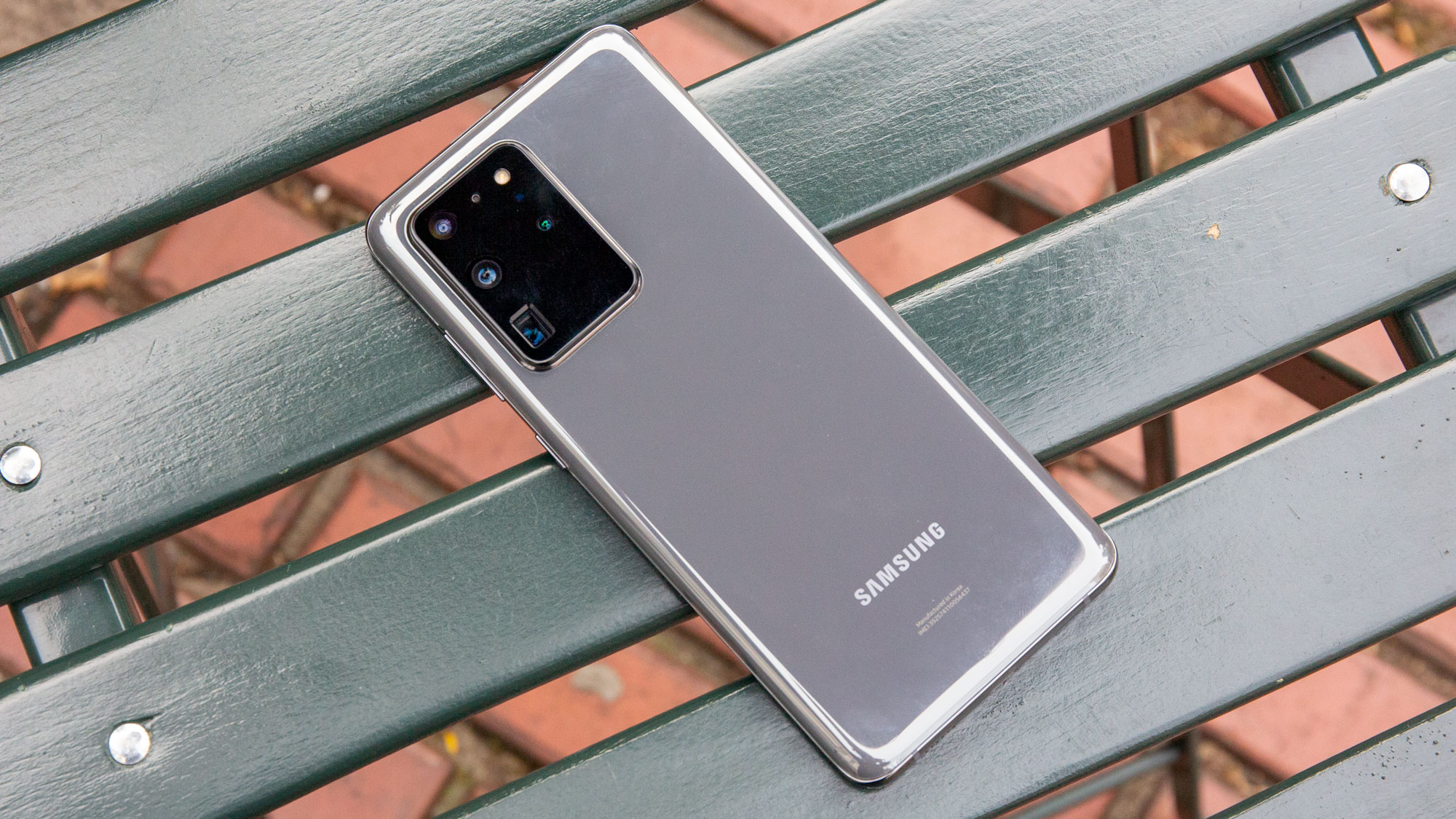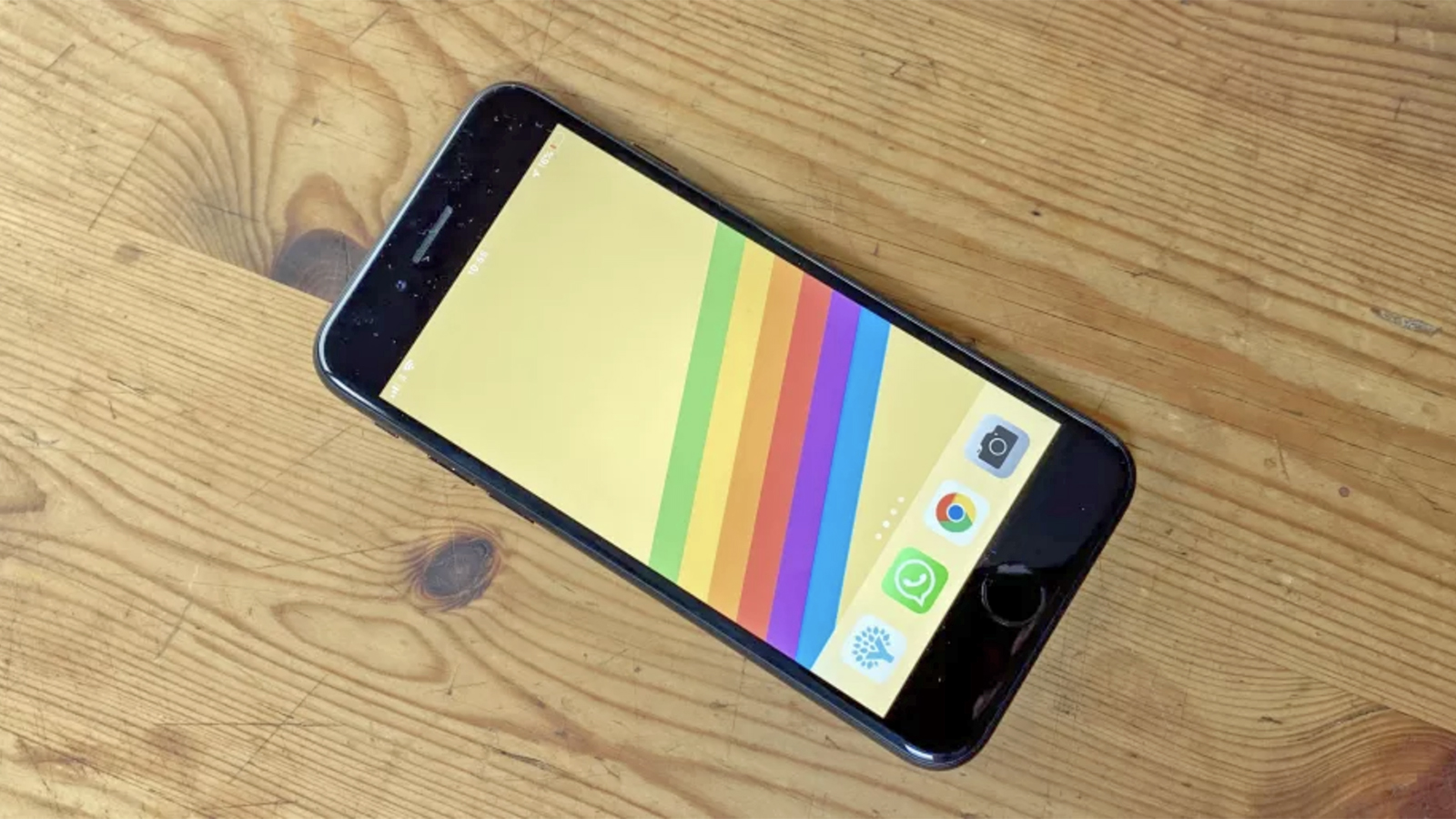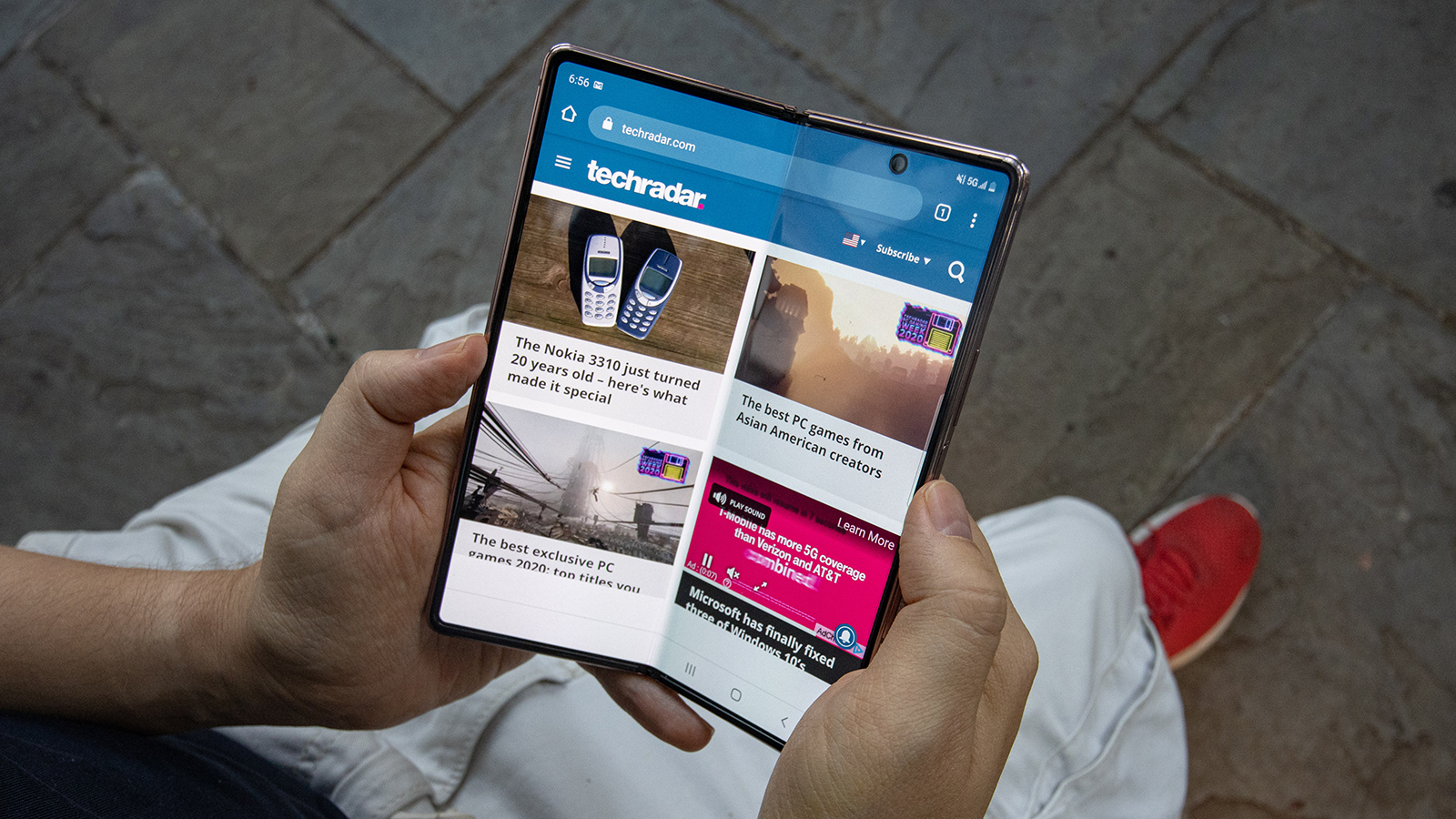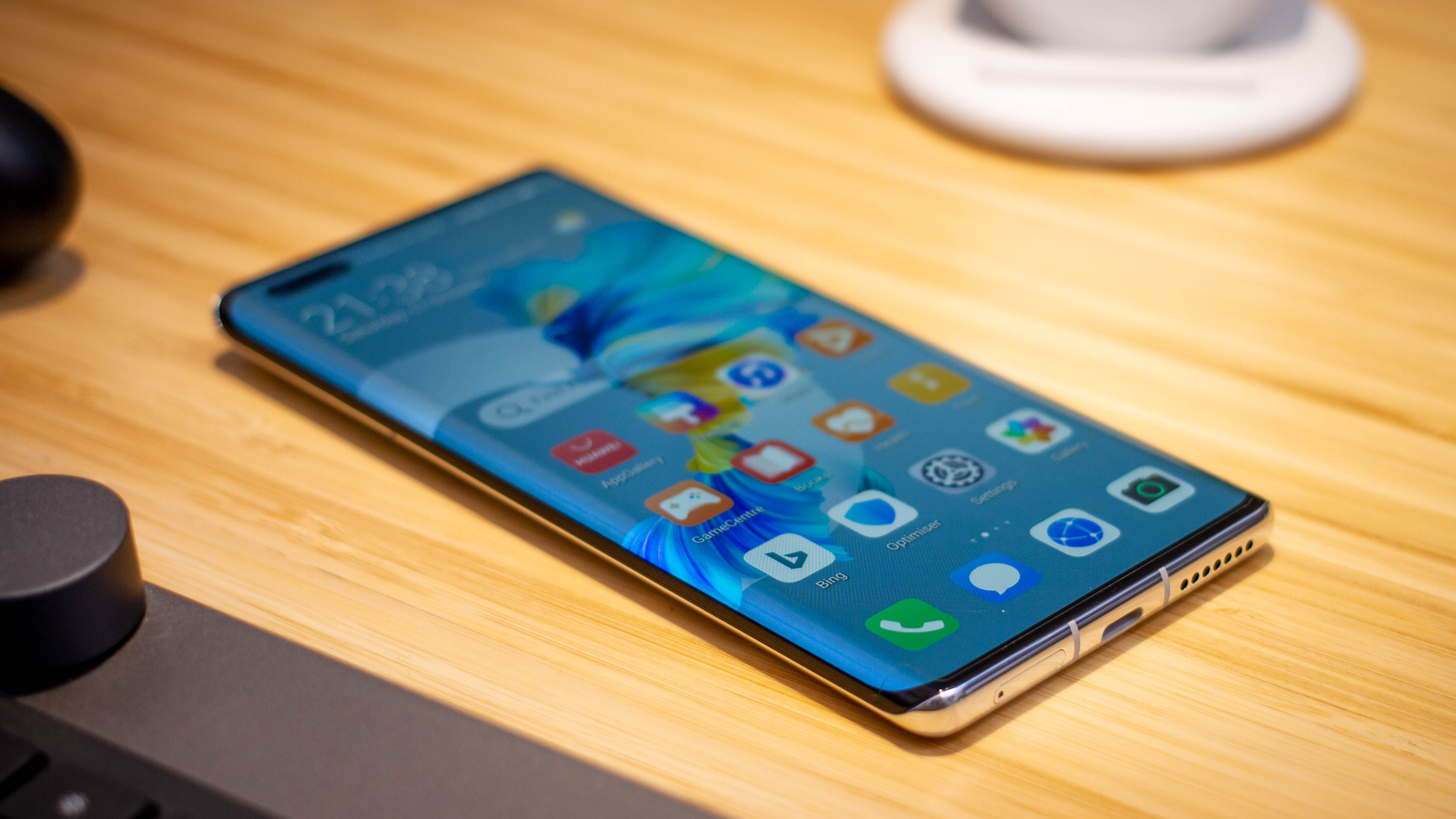It is a little known fact that 2020 has been the longest year in recorded human history. Quite how a sum total of over sixty months managed to take place across the same period filled by a mere twelve the year prior will no doubt perplex all concerned for some time to come.
Of course, we know what happened in 2020 - and how do you sum up a year like this? COVID-19 has rewritten the rules of engagement for society at large, something which it continues to do with aplomb, and the world of smartphones has not escaped.
Whether delayed phone releases, cancelled phone shows or otherwise, going forwards in 2021 we can likely expect that many of the trends of 2020 will have long shadows.
But with the new year just around the corner, what better opportunity to take stock of the year being left behind?
January to March - early rumblings

CES 2020 went ahead full steam in January, with manufacturers from across the world flocking for their moment to shine. The usual stream of TVs, home tech and more were paraded out, though a few smartphones were teased.
Samsung showed off a few mid-range efforts such as the Galaxy S10 Lite, while TCL chose to showcase its TCL 10 5G. The latter was part of a concerted effort to gain a little foothold in Western markets, and a very on-trend 2020 example of 5G being used as a selling point in itself.
The Las Vegas show doesn’t usually attract many smartphone manufacturers, as they typically choose to put all of their eggs in one basket and attend MWC instead. That is unless they are large enough to have their own event.
Of course, things were different in 2020, as MWC 2020 became the first phone show casualty to COVID-19. Cancelled due to ongoing concerns about the virus, it was a shock across the smartphone world, for which it served as a tentpole event. With eyes off MWC, it was up to Samsung to make a splash.
It did so with ‘Space Zoom’. Such was the improbable moniker branded on the rear of its new $1,399 / £1,199 / AU$1,999 smartphone, the Samsung Galaxy S20 Ultra. Designed to represent engineering excess in every way possible, it was among the first in a new class of smartphone we can call ‘super premium’ - or something along those lines.
The Huawei P series of handsets added one such option to its line-up in 2020, the Huawei P40 Pro Plus. A step above the regular Huawei P40 and P40 Pro, the main differentiation was its absolute focus on long range zoom, something which would also become a trend across the year.
Of course the other notable fact about the P series was quite significant, these being the first ‘popular’ premium smartphones from the manufacturer to be released sans Google and its eponymous services.
Following the bust-up with the Trump administration in 2019, Huawei was forced to go it alone - and though its western sales figures have slumped somewhat, the firm is doing famously in its homeland.
April to June - full swing

By April, lockdown had come about with a vengeance. Across the world, our ways of life began to change as we had to distance, stay indoors and sanitize.
This coincided with the launch of a long-rumored Apple handset, the successor to the much-loved iPhone SE (2016). The new iPhone SE arrived in April with its own launch event, sporting a top of the line processor in the body of an iPhone 8, all for a price which didn’t break the bank.
The iPhone SE (2020) launch was among the first major tech events to be held entirely online. Where journalists and influencers used to gather together from across the world in glitzy venues, now they were at home, in pajamas.
OnePlus also chose this time to launch arguably its first ‘super premium’ handset, the OnePlus 8 Pro. Starting at $899/£799, this chose to take on the big guns at their own game, emphasizing build and camera quality above all else.
It was quite successful in doing so, but arguably at the cost of its ‘flagship killer’ moniker, having played the game for so long it was in danger of becoming part of the establishment.
This was evident in the junior offering, the OnePlus 8. Though this handset was perfectly competent, it was produced without a clear demographic in mind, ending up as a decent device for everyone, but perfect for no one.
Beyond smartphone launch news, one further development was of particular significance, as this period was the first point where Xiaomi received over half of its revenue from markets outside of China.
This showed it was well on its way to take over from Huawei in the quest for western dominance, with the likes of Oppo, Realme and Vivo hot on its heels.
July to September - things begin to stabilize

Although it had launched an impressive slate of smartphones earlier in the year, Samsung was in no mood to rest.
It next impressed with the launch of the Galaxy Z Fold 2, its successor to the device of the same name released in 2019. But where the latter was a byword for over-engineered over-ambition, its successor was a refined product ready for anyone with $1,999 / £1,799 / AU$2,999 burning a hole in their pocket.
This was the most expensive ‘super premium’ handset to date, as well as one of the most impressive examples of folding screen tech then seen.
Not to rest on its laurels, we also saw the release of the Samsung Galaxy Note 20 Ultra, which took everything notable about the Galaxy S20 Ultra and added the note ‘more’. More battery, more camera power, just more, this device featured it all, far outshining its less expensive peers in the Note line and proving itself as an exceptional package overall.
As time went by however, more rumors have begun to swirl, and it now appears the Note range - a stalwart in the scene since 2011 - may be on the way out with rumors the Galaxy Note 21 won't follow the Samsung Galaxy S21.
This was a time of many developments in the mid-range also. OnePlus sought to capture some of the punk magic it has lost with the launch of the Nord handset, and Google at last launched the mysterious Pixel 4a.
Quite refined for its price point, this handset had been delayed and delayed, and its eventual release came as something of a surprise. On the subject of delays, the Microsoft Surface Duo finally emerged from the shadows and into a commercial product. Though it sported some interesting design concepts, the drawbacks in its execution meant its price felt high.
October to December - race to normality

While much of 2020 has been relatively muted when compared to the same points in the past, some things never change - and especially new iPhone launches.
Typically the part of the tech year outside of sales season with the highest internet traffic, 2020 was no different. October brought four new iPhones, each with a new design and a different demographic. Representing extremes, the iPhone 12 mini and the iPhone 12 Pro Max were certainly the most interesting.
The former is now the best phone for those with small hands, while the latter showed camera improvements that Apple has been hesitant to make for years now. With a large sensor, improved zoom range, and sensor-shift stabilization (a first for a smartphone), it is undoubtedly one of the best camera phones currently available.
Google also chose this point to launch one of the most curious phones of the year, the Pixel 5. This shunned the high-end chipset of its predecessor in order to focus on affordability, while swapping a telephoto snapper for an ultra-wide one.
The balancing act chosen was certainly a difficult one, and opinions were mixed as to whether it managed to achieve its goals.
Huawei on the other hand went all out. The Huawei Mate 40 Pro was launched with an array of cameras to make even the most skeptical tech fan swoon, but lacking Google apps it missed the limelight once more.
And so the end of 2020 has arrived. It has been a year of surprises, and not least the pandemic. Having been planned as a year of 5G advancement, the roll out in many places has been slow, and the tech has entered notoriety among conspiracy theorists globally.
Dual-screen and foldable devices didn’t appear in their droves, and aside from the likes of the LG Wing 5G, experimentation in hardware design was arguably minimal. Whatever 2021 will bring, it certainly cannot come soon enough.
- The Samsung Galaxy S21 could be an early 2021 highlight
from TechRadar - All the latest technology news https://ift.tt/38OjjFZ
